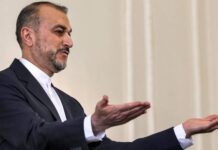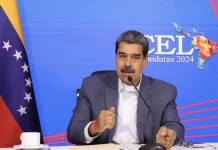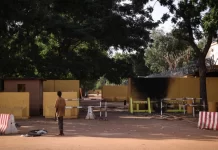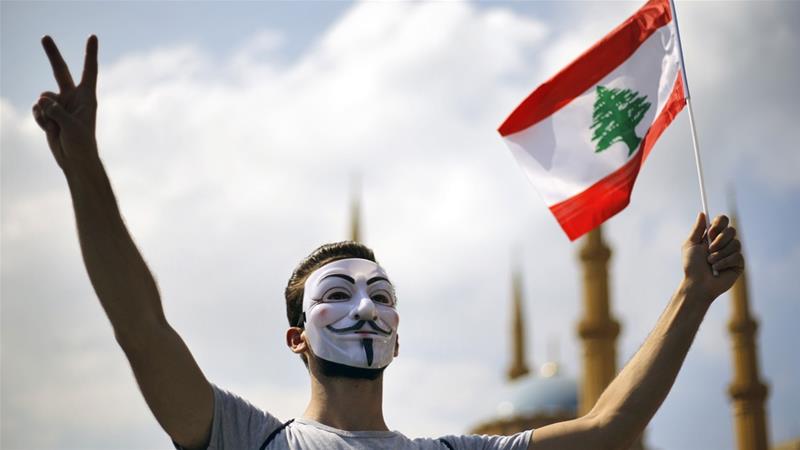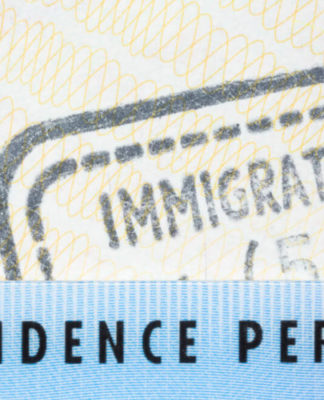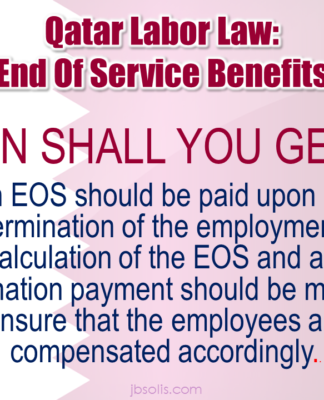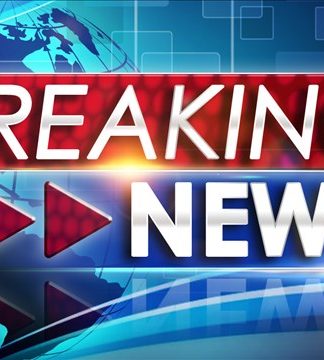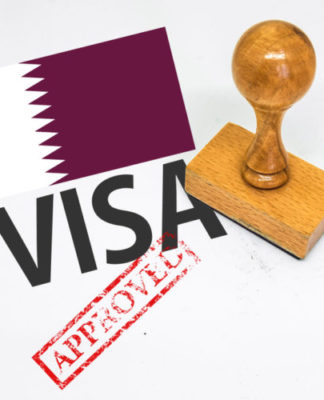Demonstrators march in front of government headquarters and block roads in Beirut, decrying economic crisis.
Protesters blocked roads across Lebanon‘s capital city in demonstrations against deteriorating conditions as the country grapples with an economic and financial crisis that has stoked fears of currency devaluation.
The demonstrators gathered shortly before noon in the central Martyrs Square in Beirut on Sunday. Several hundred then marched along a main road near the government headquarters, where riot police were deployed.
Many carried the country’s flag, chanting “down with capitalism” and “leave!”
Others chanted a popular refrain of the 2011 Arab Spring protests across the region: “The people want the fall of the regime”.
Later in the day, some protesters set tyres ablaze on several major roads, paralysing the city.
Hundreds of Lebanese are protesting over an economic crisis that has worsened in recent weeks [Bilal Hussein/AP]
“We went down to demand to live with dignity. We want to say to the MPs, the ministers, and all the ruling class that if they don’t want to give back what they stole, they should at least stop stealing so the people can live,” one protester in Beirut said, attacking Lebanese leaders over state corruption, according to Reuters news agency.
“We toil day and night just to be able to live,” another protester, a 52-year-old Lebanese woman, told the AFP news agency.
“They’ve starved us, stolen from us. Enough is enough,” she said.
In Tripoli, Lebanon’s second-largest city, protesters set fire to a picture of Prime Minister Saad Hariri, footage broadcast by TV station Al Jadeed showed. Protesters also gathered near the house of Najib Mikati, a former prime minister.
Financial crisis and austerity
The protests are a response to a growing divide between the political elite and their base, said Maha Yahya, director of the Carnegie Middle East Center in Beirut.
“It is a reflection of a lot of pent up anxiety that we have been feeling across the board,” she said.
At the heart of the unrest is Lebanon’s struggling economy, which has been crumbling under enormous debt, and a financial crisis stemming from a slowdown in the inflow of capital.
Economic growth in the Mediterranean country has plummeted in the wake of repeated political deadlocks in recent years, which have been compounded by allegations of corruption and eight years of war in neighbouring Syria.
Lebanon currently has one of the highest debt ratios in the world, at $86bn, or more than 150 percent of the country’s gross domestic product.
The situation prompted parliament in June to pass an austerity budget aimed at rescuing the economy and unlocking international aid. Lebanon won pledges of $11bn to finance a major investment programme to revive the economy at a Paris conference last year, but international donors want to see the state implement reforms first.
In recent weeks, fears of a US dollar shortage have also sparked anxiety over a possible devaluation of the Lebanese pound and price hikes.
“People are worried about their future and about their standards of living dropping should there be a devaluation,” Yahya said.
Local media has reported some banks have started rationing their sales of dollars.
Some wheat, oil and medicine importers, who rely on currency exchanges to pay suppliers, have struggled to convert local currency to dollars at the official exchange rate, which has been maintained by the government at its current peg for more than 20 years.
Petrol station workers earlier this month staged a one-day strike because banks would not let them buy dollars at the official exchange rate.
The head of the central bank has said the country’s banks were meeting customer demands for US dollars.
SOURCE: aljazeera.com





